Energy and determination resonated from downtown Spokane as residents raised their voices in unison to address their concern for the climate crisis. Whitworth students joined masses of students across over 150 countries in the global climate strike on Sept. 20.
One of the goals of the strike is to draw the attention of political officials who have the power to initiate changes to environmental policies.
“To achieve what we believe is necessary to mitigate the environmental crisis, it’s going to take broader structural change,” said Isaac Santos, a senior who attended the strike. “This climate strike was part of a larger demonstration that was supposed to target systems and people who have more power than I do to make broader change that is necessary.”
Many students from Whitworth were able to participate in the strike. Makayla Long, a senior studying international studies, had several reasons for attending the event. While she believed that environmentalism was one of the chief concerns that drew crowds to action, she also cited Dr. Van Inwegen, a Whitworth professor who passed away this summer, as an inspiration as well.
“I feel like he would have encouraged all students at Whitworth to be going to this climate action strike,” Long said.
Because climate change is especially of concern for younger generations, students are put in a unique position. While youth are not always taken seriously by adults, the core of this movement has been largely student-led.
“My role as a student is to advocate that this gets taken seriously in the academic world,” sophomore Taylor Pannell said. “As a student, I’m about to go off and inherit what we have in the world right now… In order to be the best stewards we can be, we deserve that education so that we can accurately know how to care for our planet moving forward.”
Santos, Long and Pannell were joined by other Whitworth students as well as high school students from around Spokane. However, the crowd included supportive parents of students, young families, and those of older generations.
“What really stuck out to me was the fact that there were so many young students and young people there, especially the younger people that are not registered to vote yet,” Long said.
“Seeing them being politically engaged at this age is very empowering to me, because that means that they’re going to be more active citizens once they reach voting age and that they’ll be attuned to what their policymakers are deciding on.”
From chants to speeches, the crowd maintained an “infectious, exorbitant energy,” Santos said. Although people were supposed to stay on the sidewalks, eventually protestors took to the streets.
“There’s something so cool about a huge group of young people that are not jaded, who are wholly idealistic, and unwilling to compromise for their beliefs.” Santos said.
The climate action strike included speeches from various people within the community. Washington Gov. Jay Inslee spoke to the gathering and also awarded Hope Henning, a teenage climate activist, the Washingtonian of the Day award.
Local indigenous groups also joined the protest. Iaitia Farrell of the Standing Rock Sioux Tribe spoke about accountability and responsibility towards the earth. The presence of indigenous groups served as a reminder of how native people have historically modeled good stewardship of the land.
“If we look back to the way that native people treated land, it’s at the core of this movement, this connection to the earth,” Santos said. “I think there is so much we can learn from our native brothers and sisters.”
The climate action strike provided a perspective to Spokane that many may not have seen or experienced before, Long said.
“Something I learned is that there are people in Spokane that are wanting to be part of a movement and demonstration. I think it’s difficult to see that, especially being behind this pinecone curtain, to see people being politically engaged, because I think that’s largely suppressed at our university,” she said.
The strike also showed ways to get involved in the Spokane community. The Sunrise Movement and 350 Spokane, organizations based around climate action, were represented and active at the strike.

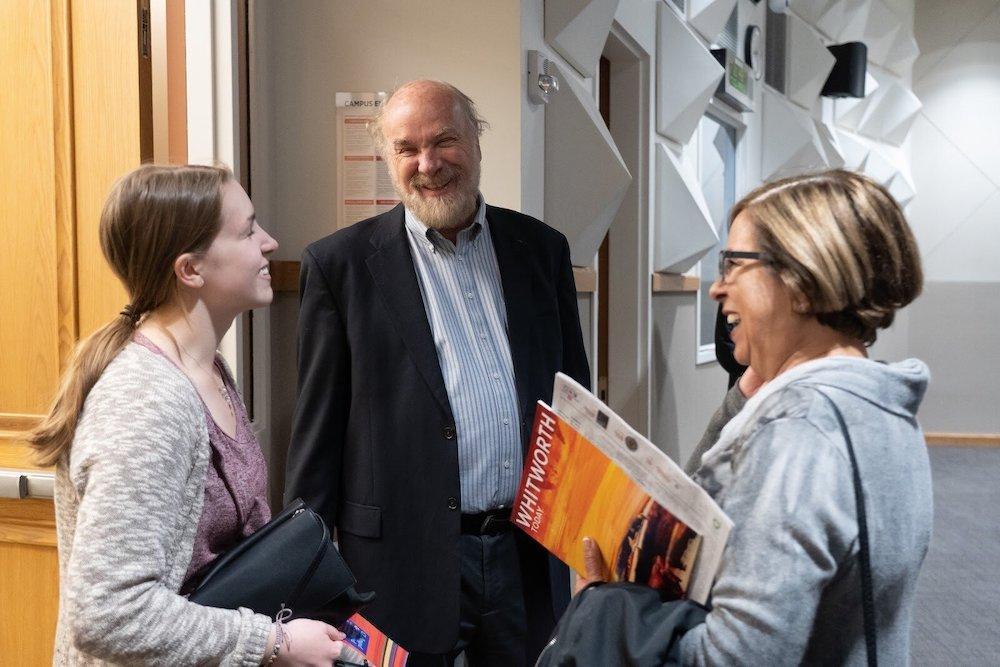

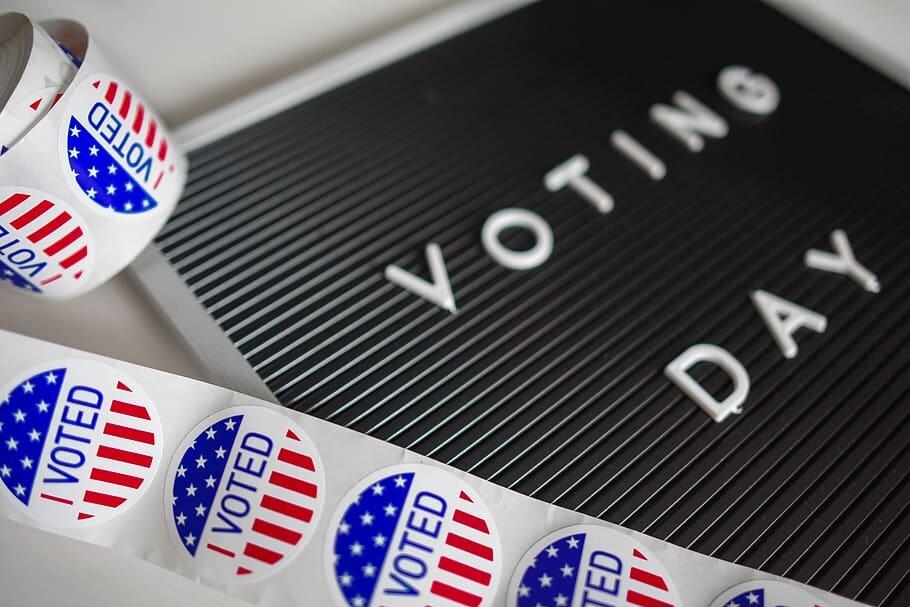
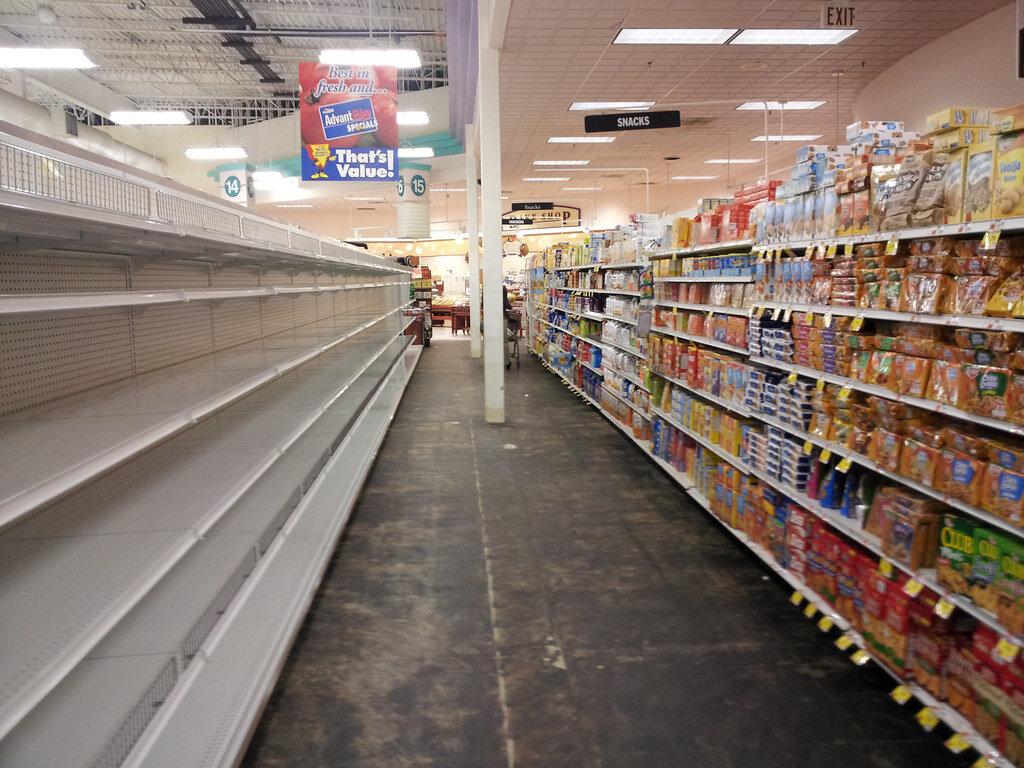

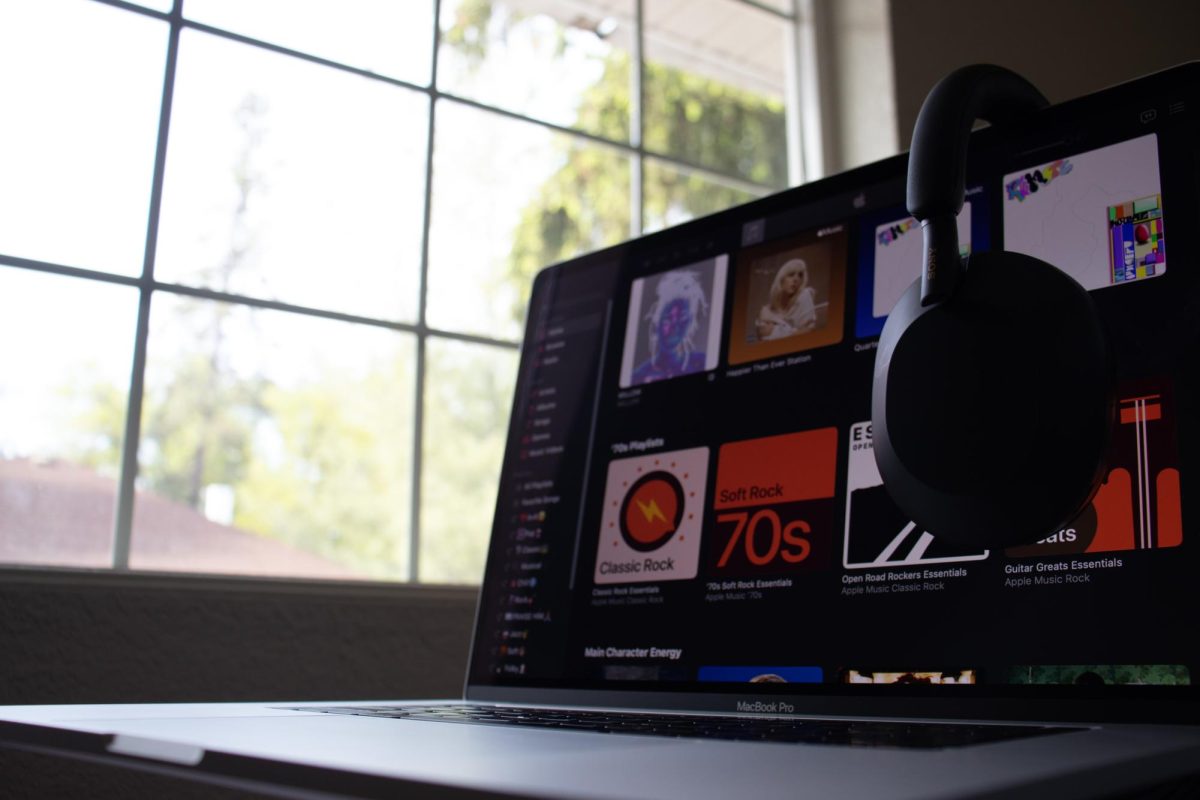
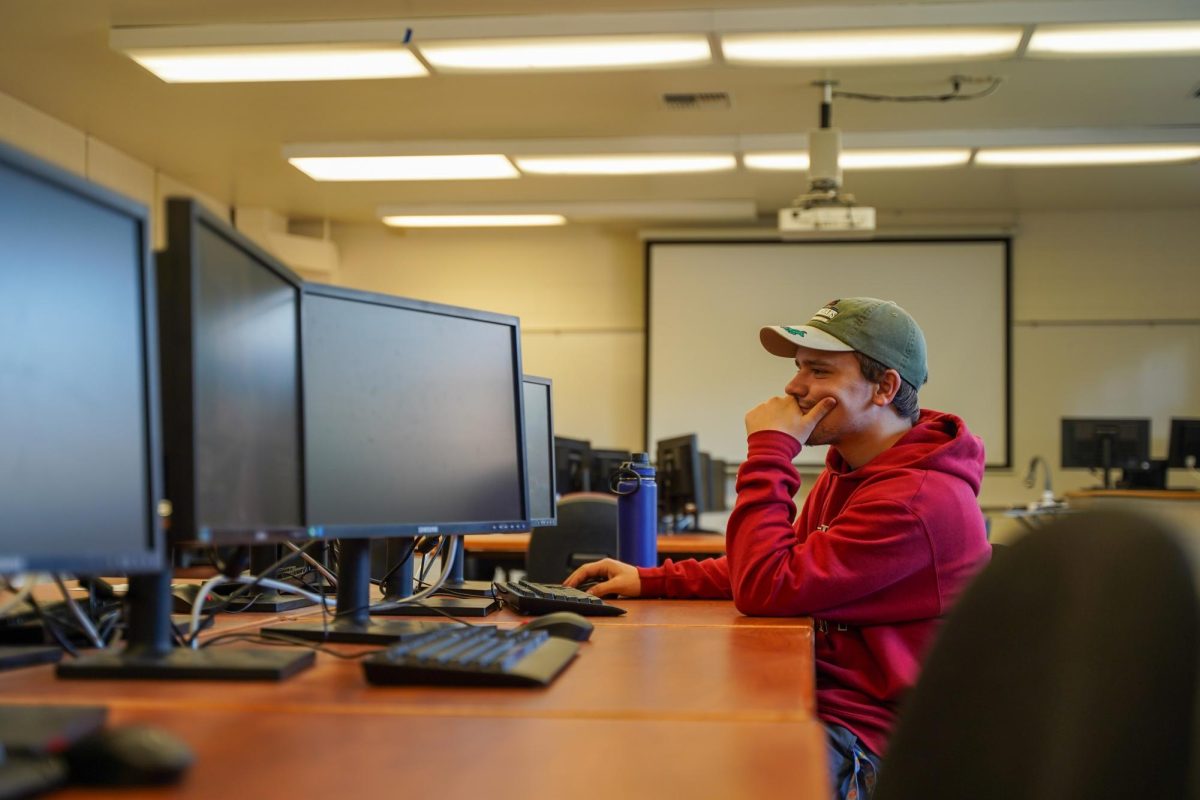
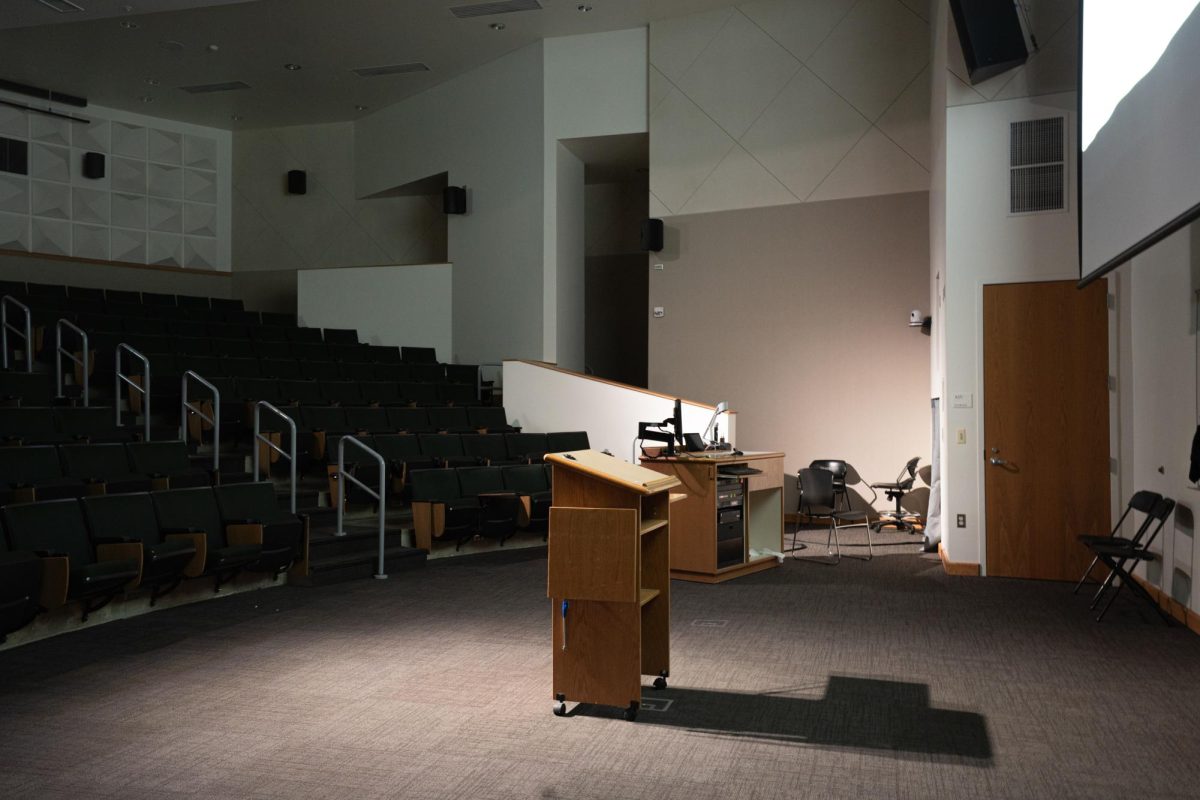
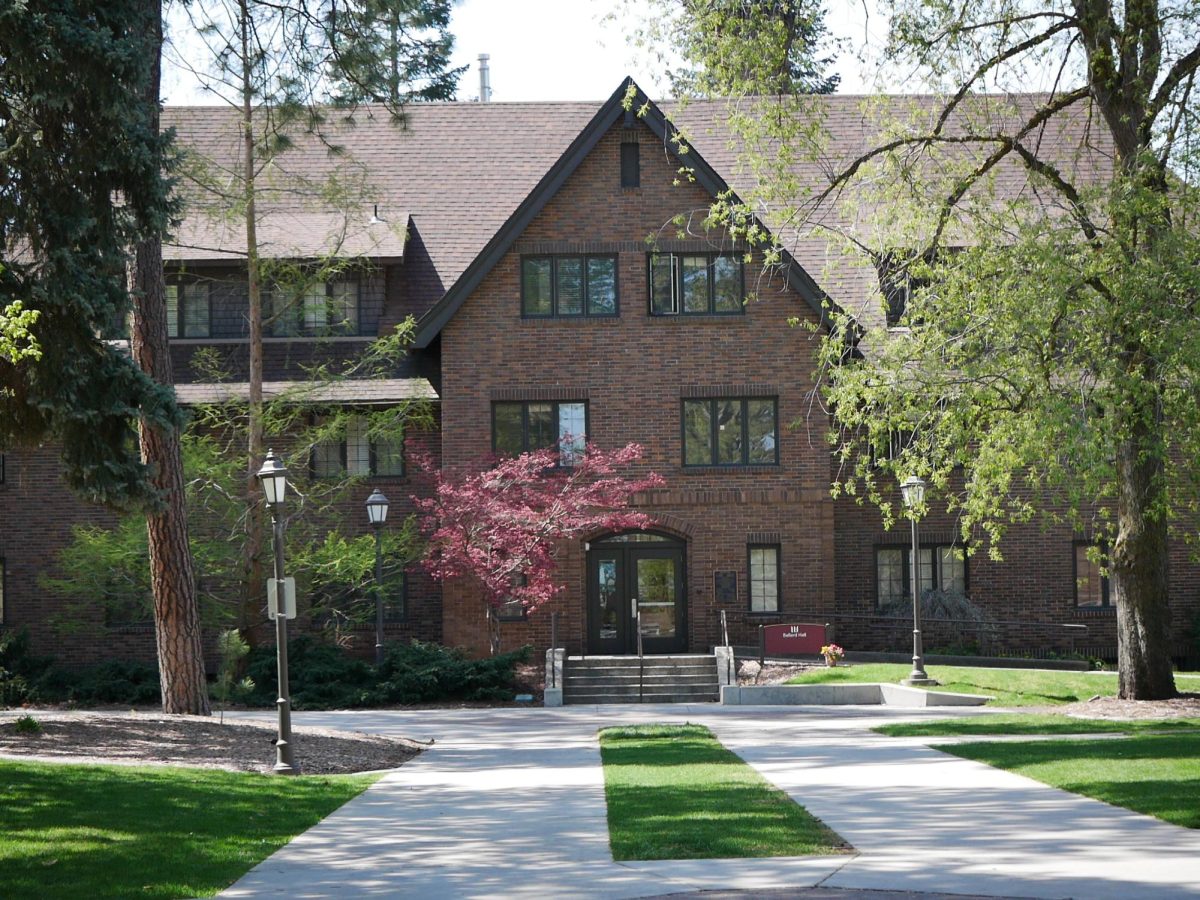
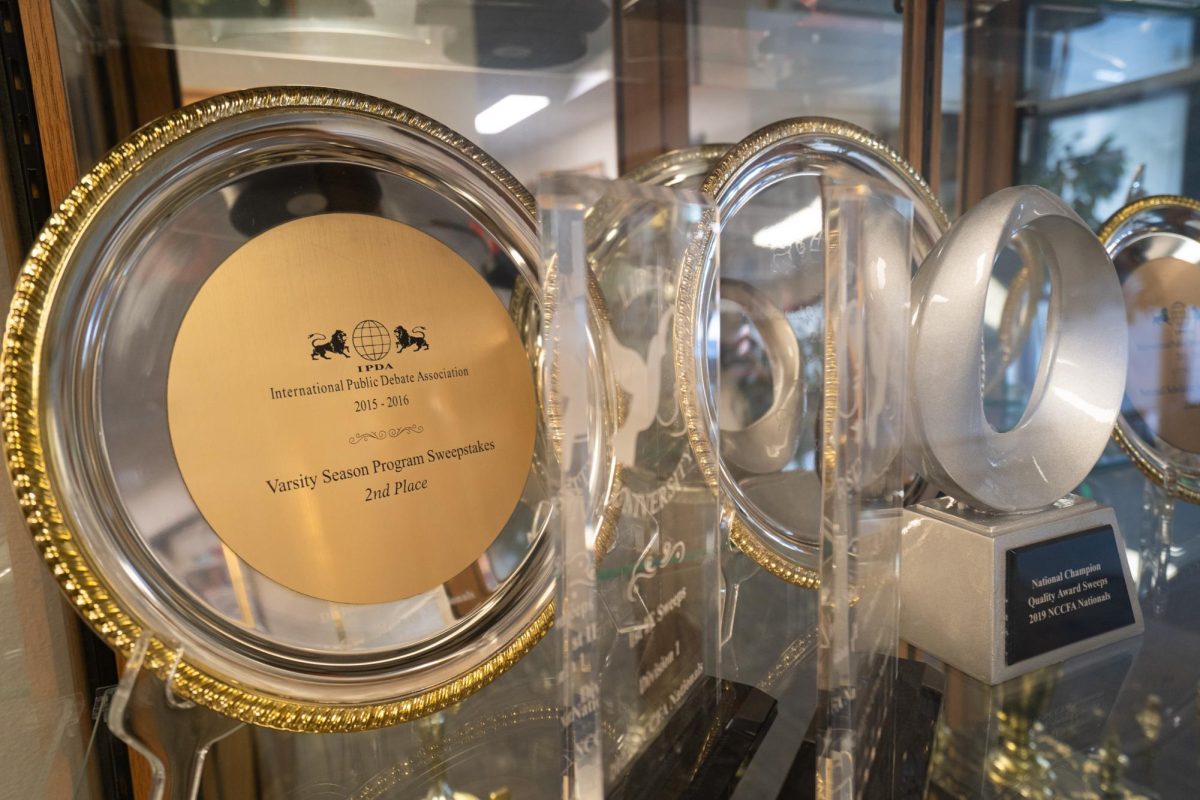
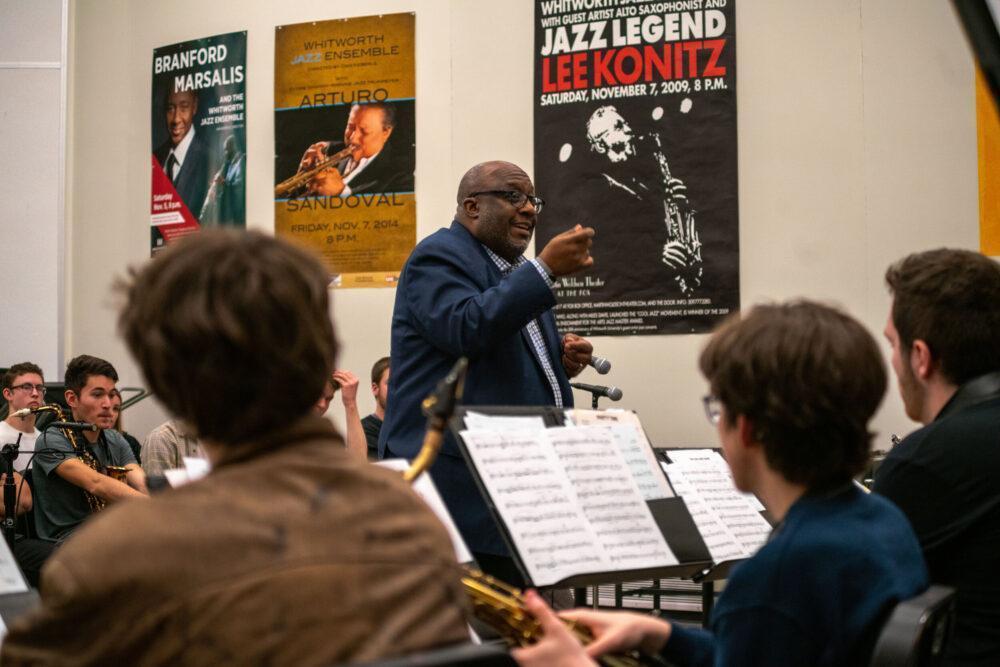
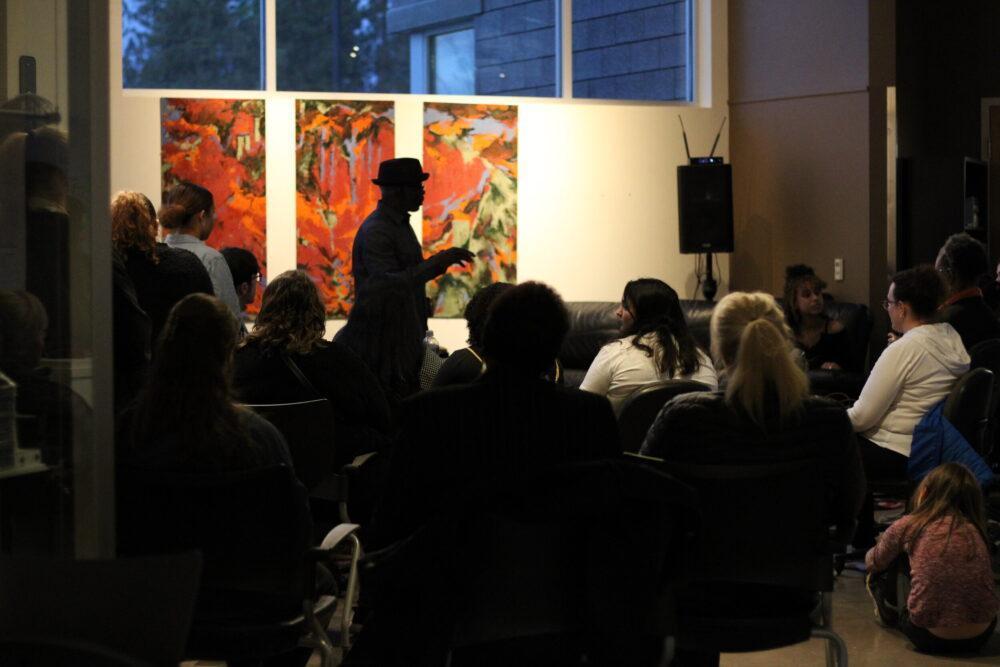
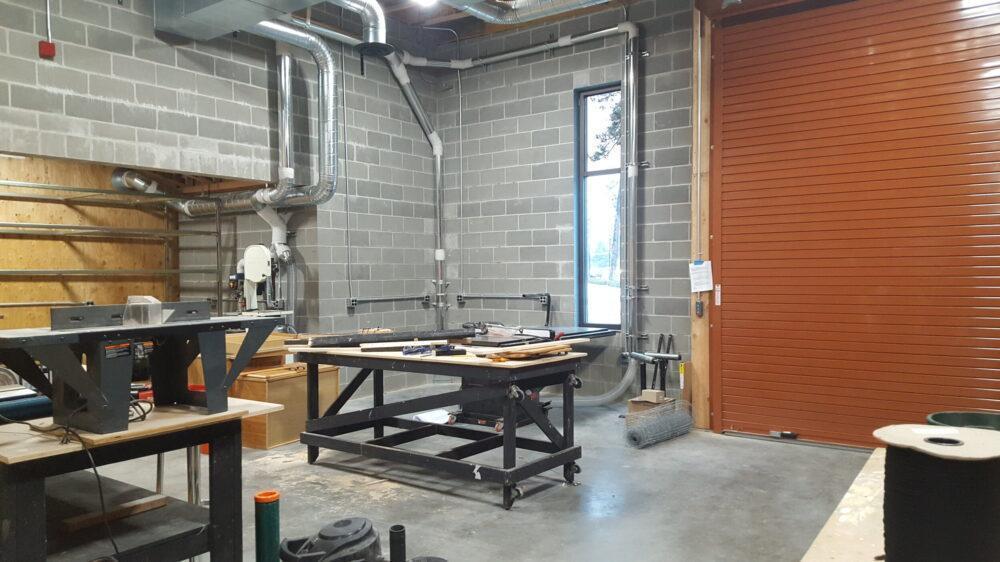
 Spokane?
Spokane?